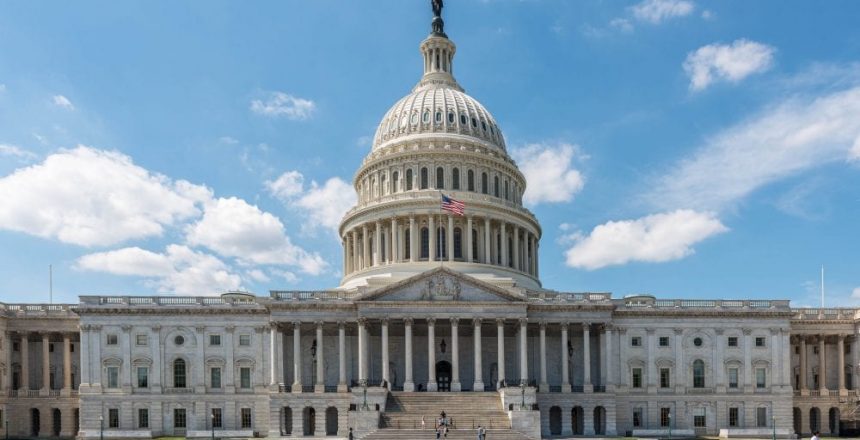On January 1st, the California Consumer Privacy Act goes into effect. It’s the nation’s strictest privacy law yet and is paving the way for other states to act. The CCPA is the first of potentially many jurisdictional laws meant to protect U.S. consumers and will help close the gap between where laws currently are and where we believe they should be.
And now there’s movement on a national scale: a wave of Senate activity that points to the possibility of a federal data privacy law, possibly as soon as 2020. As AdExchanger notes, the Senate Commerce Committee convened in early December to start going through a number of data privacy proposals. It also began discussing what a national law might look like.
This is good news. Because at BRIDGE, we believe this country is overdue for a national data privacy law. Here’s why.
First, a national law is better than a hodgepodge of state laws. With one federal law on the books, the rules are clear.
Two, a federal law leads to the further removal of bad actors from the data ecosystem. Companies that don’t operate with an ethical collection and use framework will be squeezed out, and the quality of data will improve overall. Better-quality data will lead to better results for marketers.
Third, a federal national law will provide transparency for consumers, regardless of what state they live in. Every consumer deserves to know how their data is being used, how it’s being monetized, and if it’s being sold to third parties. They should know how it makes their lives easier, by allowing them the free usage of certain apps, or more personalized user experiences like movie and music recommendations. But they should be able to opt-out of having their data used, and the process should be simple and straightforward.
If people know how their data is being used, it improves trust in an economy that is increasingly dependant on data to power it.




